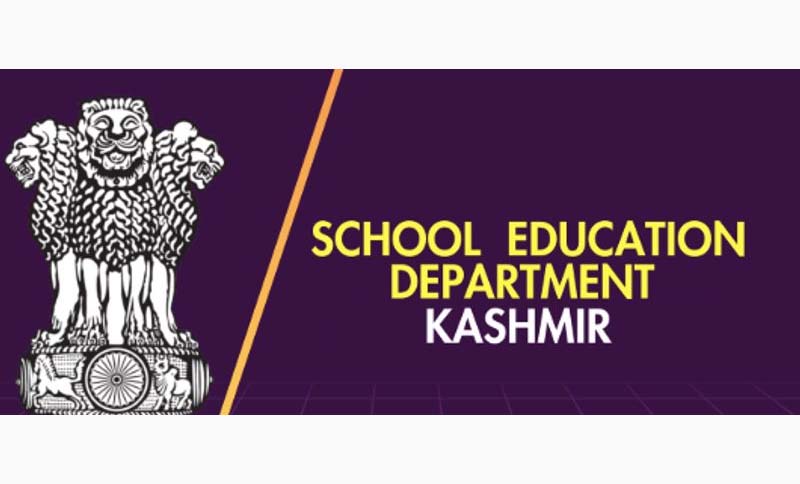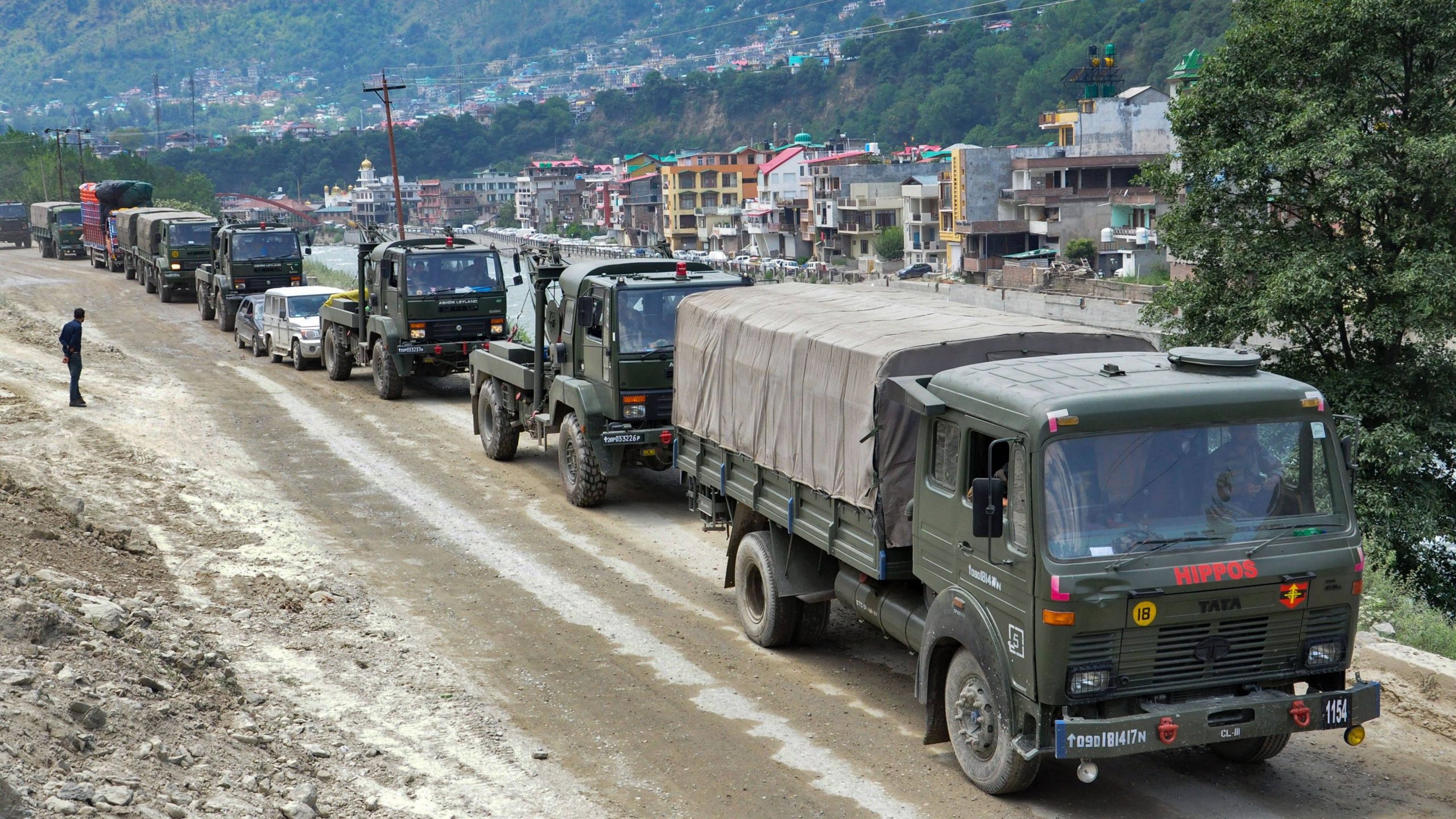Baramulla Education Dept Warns Teachers Against Online Criticism of Govt Policies
By: Javid Amin | 05 October 2025
In a move that has ignited intense debate across Kashmir’s education circles, the Chief Education Office (CEO) Baramulla has issued a formal warning to several government school teachers for allegedly posting critical remarks about government policies on social media.
The directive, circulated internally late last week, cautions educators against online commentary deemed “anti-policy,” “administratively misleading,” or “politically sensitive.” Officials claim such posts “undermine the dignity of the department” and distort public understanding of ongoing educational initiatives.
The Social Media Flashpoint
According to officials, the decision follows a string of Facebook and X (formerly Twitter) posts from government teachers in Baramulla, Sopore, and Tangmarg.
The teachers had voiced concerns over:
-
Delayed salary disbursements for staff in remote schools
-
Poor infrastructure and lack of heating in high-altitude classrooms
-
Unclear transfer orders issued mid-session
-
Perceived politicization of promotions and postings
While none of the posts directly targeted individuals, authorities argue they violate service conduct norms and risk eroding “public trust in the education system.”
“Government employees are bound by service discipline. Public platforms are not meant for airing administrative concerns,” said an official in the CEO’s office.
Teachers Push Back: ‘We’re Not Activists, We’re Educators’
Many teachers say the warning is both unfair and demoralizing.
“We are not activists—we are educators,” said a senior teacher from Sopore, requesting anonymity. “When classrooms have broken windows and children sit on floors, speaking about it online shouldn’t be treated as rebellion.”
Others argue that social media has become the only outlet to highlight real issues in the absence of responsive grievance redressal mechanisms.
“Our complaints through official channels often go unanswered. A post on social media gets attention, not for fame—but for fixing problems,” said another teacher from Kreeri.
What the Official Circular Says
A copy of the circular reviewed by Kashmir InFocus states:
“All government employees, including members of the teaching staff, are bound by the Jammu & Kashmir Civil Services Conduct Rules. These rules prohibit any form of public criticism of government policies or actions. Violation may invite disciplinary proceedings.”
The order further instructs educators to:
-
Use official communication channels for complaints
-
Avoid “posting, sharing, or endorsing” any content that may appear as dissent
-
Maintain the “integrity and neutrality” of the department
The circular has reportedly been shared across all zonal education offices in Baramulla district.
Legal & Ethical Debate: Where Does Free Speech End?
Legal experts say the warning treads a fine constitutional line between maintaining administrative discipline and infringing on the right to free expression.
“Teachers are not just employees—they are public intellectuals and community leaders,” said Advocate Shabir Ahmad, a Srinagar-based constitutional lawyer.
“Suppressing their voice may result in silence over critical issues like child welfare, curriculum quality, and policy gaps. Constructive criticism is not insubordination.”
However, officials counter that civil service rules clearly restrict political commentary by government employees to prevent politicization of the bureaucracy.
The Larger Picture: Control vs Communication
The warning highlights a growing national trend of tightened control over social media expression among government employees.
In several Indian states, employees have faced suspension or inquiries for “derogatory” posts about policy. In Kashmir, however, the situation is compounded by limited press freedom and the absence of local representation in policy formulation.
Education observers warn that such censorship could discourage honest feedback within the system.
“Teachers are the first responders in education reform,” said Dr. Shah Faesal, an educationist.
“If their voices are stifled, policymakers lose the most reliable source of ground-level information.”
Ground Reality: The Silence of the Chalkboard
Across Baramulla, many teachers describe a climate of quiet fear. WhatsApp groups have gone silent. Facebook pages once filled with photos of school events now carry motivational quotes instead.
“Even posting about missing toilets or delayed textbooks is seen as risky,” said a primary school teacher from Pattan.
“We’re constantly told to ‘maintain departmental decorum,’ but where’s the forum to be heard?”
Several educators have now shifted to private, closed groups to discuss school issues, while others have deleted older posts altogether.
Administrative Response
When contacted, an official in the Directorate of School Education Kashmir (DSEK) said the department supports “constructive engagement” but not public criticism.
“We encourage teachers to report issues internally. Social media grievances often spread misinformation. However, no teacher has been suspended—only cautioned,” the official clarified.
The DSEK has reportedly directed district heads to hold meetings with school staff to reiterate service norms and improve grievance channels.
The Digital Dilemma: A Generation That Speaks Online
Younger teachers—many of whom joined after 2015—say social media is integral to modern communication.
“We grew up on the internet. We use it to teach, learn, and express,” said a teacher in Kunzer.
“When the government wants us to use YouTube and WhatsApp for e-learning, why penalize us for using the same platforms to highlight real issues?”
Experts note that as classrooms go digital, online professionalism must evolve—not through fear, but through digital literacy and dialogue.
Public Reactions: Divided Voices
Public sentiment over the warning remains split.
Parents and civil society groups in Baramulla have expressed concern that curbing teachers’ voices could weaken accountability in education.
“If teachers can’t speak about their schools, who will?” asked Ghulam Nabi Dar, a parent from Rafiabad.
However, others argue that social media posts often “embarrass the department” and create negative perceptions among students and parents.
“Issues should be solved internally, not broadcasted online,” said a retired headmaster from Tangmarg.
Policy Vacuum: The Need for Structured Feedback
Education activists say the crisis reveals a deeper governance flaw—the absence of transparent grievance redressal systems.
A 2024 report by the Jammu & Kashmir School Education Department found that 85% of teachers had no access to an official feedback mechanism beyond WhatsApp messages or personal calls.
“If there were proper internal channels, social media wouldn’t become the complaint board,” said activist Tsering Dolma.
Experts recommend establishing district-level ombudsman cells where teachers can safely voice issues without fear of reprisal.
Bottom-Line: Between Duty and Dissent
As Kashmir’s education sector navigates digital transformation, reform, and post-pandemic recovery, the voices of teachers remain central to its success.
Silencing them, say analysts, risks creating echo chambers of approval rather than ecosystems of improvement.
“Accountability and expression must coexist,” said educationist Nazir Malik.
“Respectful criticism is not rebellion—it’s participation in democracy.”
For now, October’s circular may have muted a few timelines. But the debate it triggered—about the limits of free speech, the ethics of governance, and the role of educators in democracy—is far from over.



